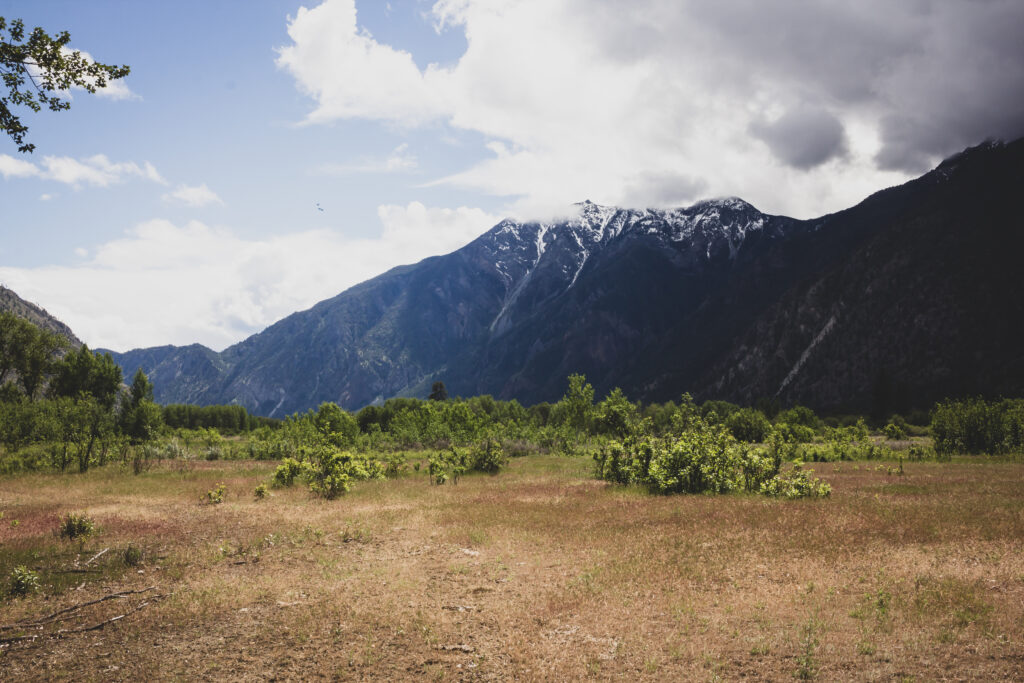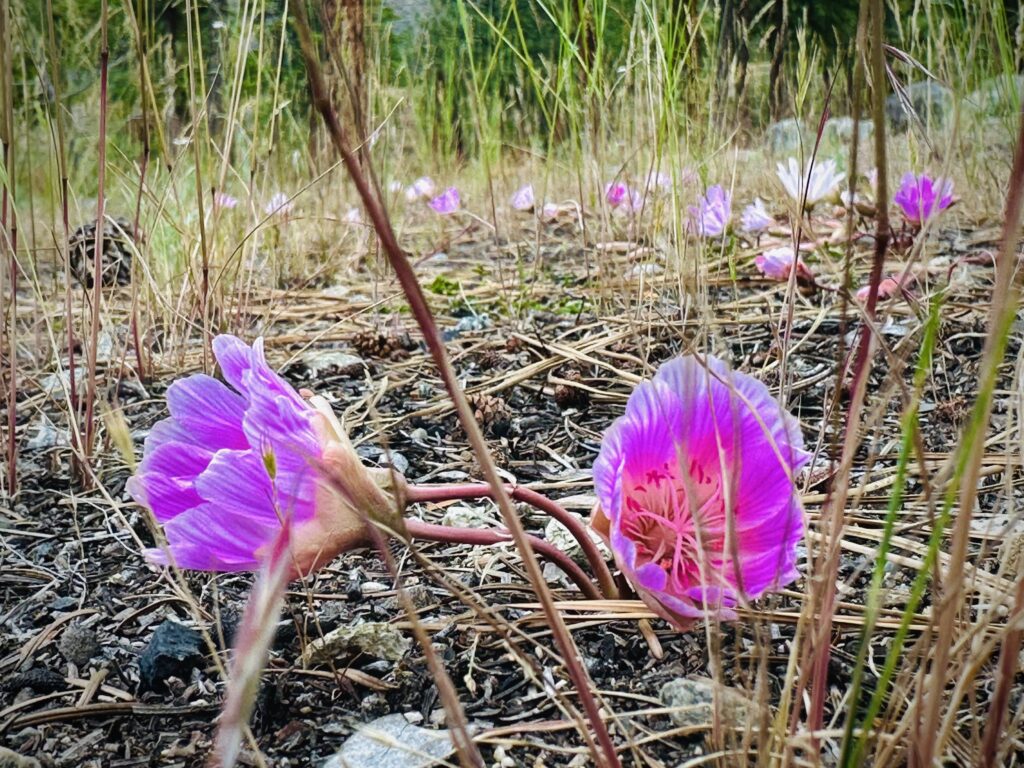Celebrating National Indigenous History Month: Adopting a Two-Eyed Approach in Climate Action
June marks National Indigenous History Month in Canada, a time to celebrate the cultures, contributions, and resilience of Indigenous Peoples. It is also an opportunity to recognize the vital role that Indigenous communities—First Nations, Inuit, and Métis—play in responding to the challenges of climate change. Indigenous Peoples have long been at the forefront of environmental stewardship, using their deep connection to the land and traditional knowledge to address climate impacts that disproportionately affect them.
A Two-Eyed Approach: Embracing Indigenous Knowledge
A key approach in addressing climate change and environmental stewardship is the Two-Eyed Seeing concept, introduced by Mi’kmaq Elder Albert Marshall (1). This approach integrates Indigenous ways of knowing with Western scientific methods, recognizing the value of both perspectives. Indigenous Knowledge Systems are grounded in principles of respect, reciprocity, and responsibility to the land, and provide essential insights into environmental change, such as seasonal shifts, migrations, and ecosystem health.
Indigenous knowledge offers a holistic understanding of the environment that extends beyond the scope of Western scientific observation. Indigenous communities have long identified environmental changes that Western science has overlooked despite Indigenous practices sustaining biodiversity and climate resilience.
Strengthening Urban Forestry and Climate Resilience
One of the key strategies to address climate change involves expanding urban forestry initiatives, enhancing climate change adaptation, and incorporating Indigenous knowledge into environmental decision-making. The For Our Future: Indigenous Resilience Report (2) illustrates how Indigenous Peoples have been responding to climate change for generations, utilizing knowledge systems that are deeply intertwined with their cultural practices and the land.
For example, the Mi’kmaq Nation, as described by Albert Marshall (1), emphasizes the concept of Two-Eyed Seeing, which encourages blending Indigenous ways of knowing with Western science to achieve a more holistic approach to environmental stewardship. In practical terms, this approach has been applied in urban forestry projects where Indigenous knowledge guides the selection of native tree species that are more resilient to changing climate conditions, supports biodiversity, an strengthens community connections to nature. Such projects not only improve the urban canopy but also serve as living classrooms that promote cultural awareness and environmental sustainability.
A Collaborative Future: Braiding Indigenous and Western Knowledge
Collaboration between Indigenous knowledge and Western science provides significant benefits in tackling climate change. The Two-Eyed Seeing approach allows for a more comprehensive environmental strategy, where both knowledge systems complement each other. Indigenous knowledge, often passed down through generations, offers a place-based understanding that spans centuries, while Western science provides tools to analyze and predict environmental trends. Integrating these two approaches fosters inclusive environmental research and management, promoting holistic solutions to complex issues. Two-eyed seeing respects the integrity of both knowledge systems, ensuring that neither dominates the other.
Building a Sustainable and Just Future
As we celebrate National Indigenous History Month, it is essential to acknowledge the importance of partnerships grounded in equity and respect with Indigenous Peoples. By recognizing and incorporating Indigenous knowledge, we move closer to a sustainable, inclusive future. This collaborative approach helps create solutions that are both scientifically informed and rooted in the core values of respect and reciprocity that Indigenous Peoples have upheld for generations.
Together, we can build a more resilient Canada, where diverse knowledge systems coexist and work in harmony to protect the environment for future generations.
(1) https://mikmawarchives.ca/authors/albert-marshall
(2) FOR OUR FUTURE Indigenous Resilience Report Reed, G., Fox, S., Littlechild, D., McGregor, D., Lewis, D., Popp, J., Wray, K., Kassi, N., Ruben, R., Morales, S. and Lonsdale, S
Back to all articles

